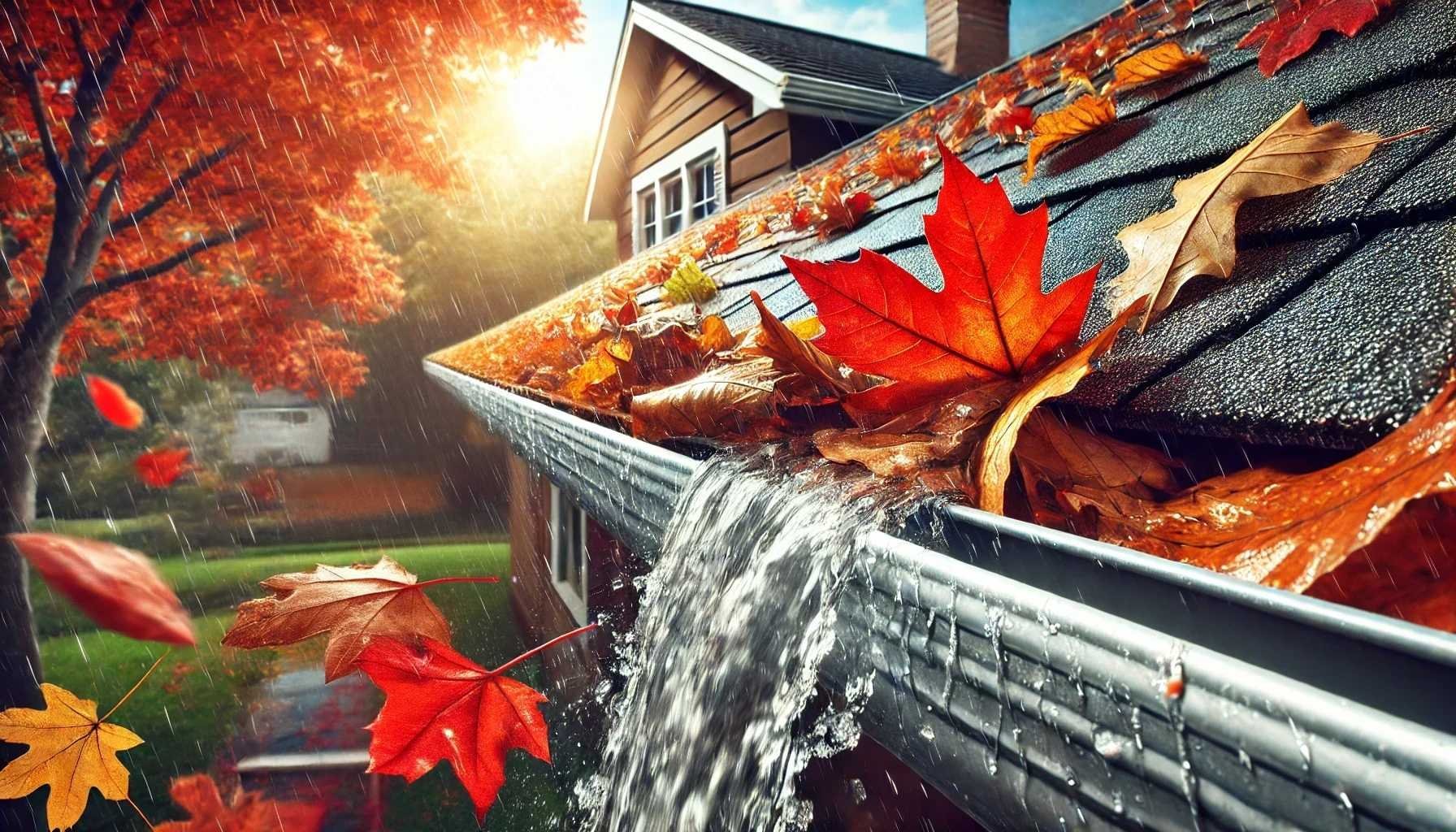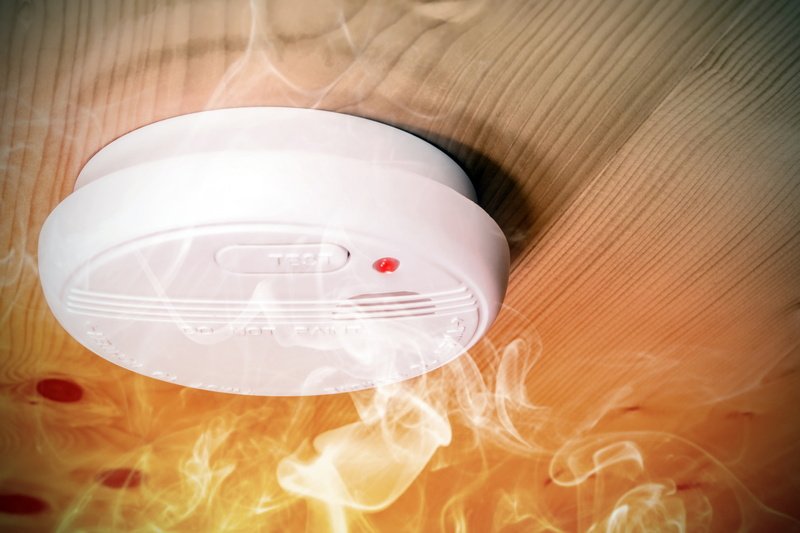
Elite Team Blog

Fixing a broken seal on a window
Fixing a broken seal on a window can help improve insulation and prevent drafts.


Welcome to Elite Team Home Inspections
Welcome to Elite Team Home Inspections! We're thrilled to have you here, and we appreciate you taking the time to explore our webpage.
Have You Checked Your Smoke Detectors & Carbon Monoxide (CO) Detectors Lately?
It's very important to regularly check both smoke detectors and carbon monoxide (CO) detectors to ensure they are functioning properly for safety. Here's a quick guide on how to do it:
1. Smoke Detectors:
Test the Alarm:
Press the test button on the smoke detector to make sure the alarm sounds. You should hear a loud, shrill sound. If it doesn't go off, replace the battery or the entire unit if it’s more than 10 years old.
Change Batteries:
Even if the detector sounds when you press the test button, change the batteries at least once a year, or more often if the detector gives a low-battery warning.
Clean the Detector:
Dust and debris can accumulate in the smoke detector, which may interfere with its sensors. Use a vacuum cleaner or a soft brush to clean the outside.
Check Expiry Date:
Smoke detectors have a shelf life of around 10 years. If yours is older than that, replace it entirely.
Placement Check:
Ensure the smoke detector is placed correctly (on the ceiling or high on the wall) and not near a vent, fan, or window, as airflow can prevent proper detection.
2. Carbon Monoxide (CO) Detectors:
Test the Alarm:
Press the test button on your CO detector to ensure it’s working. The alarm should go off after a few seconds of holding the button.
Change Batteries:
Just like with smoke detectors, the CO detector should have its batteries changed at least once a year.
Location Check:
Make sure your CO detector is installed in the proper location. It should be near sleeping areas, but not directly next to fuel-burning appliances or vents.
Check Expiry Date:
CO detectors also have an expiration date, typically 5–7 years. If your detector is outdated, replace it.
Look for Malfunction Signals:
Some detectors will emit a warning signal if there’s an issue with the sensor or battery. If the display shows an error code, refer to the manual or contact the manufacturer.
General Tips:
Make sure both types of detectors are in working condition at least once a month by testing them.
Always follow manufacturer guidelines and recommendations for maintenance and replacement.
Being proactive about maintaining these life-saving devices is key to your safety. Would you like more detailed information on any of the steps?

Preventing
Pricey Home Repairs
As a homeowner, you know untimely home repairs can knock
on your door at any time. Keep an eye on these key areas that
can cause some of the most expensive repairs:
Foundation – ensure elevation slopes away from the house for
drainage, and if there are long periods of draught, put soaker
hoses around the perimeter of the house so the soil doesn’t get
too dry, to prevent shrinkage
Roof – Have your roof inspected twice a year, especially after
extreme storms and before winter
Hot water heater – Schedule an annual service, unless you are
handy and have the knowledge and time to maintain it yourself
HVAC – Replace filters every 3 months and remove clutter around
the inside and outside units. Have your HVAC system serviced
annually.
Water Damage – Clean gutters, and fix leaks right away as they
can lead to other costly damage repairs such as mould removal
Electrical repairs – Replace outdated wiring, which is not meant to
handle the electrical load a typical household has now.
September marks the beginning of Autumn, and if you don’t have a regular schedule for filter maintenance, the start of a new season is a great time to start. Regular filter maintenance will help ensure you are breathing clean air, free of mould, dust mites, and other allergens.
Most often, when it comes to filters we think of replacing furnace filters, which should be done at least quarterly, but there ca be several other filters commonly found in homes that are often neglected and just as important to replace or clean, such as those found in:
Humidifiers/dehumidifiers
Air purifiers
Dryer lint trap
Range hoods and over-the-range microwaves
Bathroom fans
Water filtration devices
Vacuums
Cleanly Inhaling Fall
Exhaling Summer
Another part of your home that is often not technically referred to as a filter but acts as one is your window screens. Screens should be wiped down with a damp cloth to remove dust, which will also bring some more light into your home.
Exactly how often you need to replace or clean your filters depends on how often you use them and the manufacturer’s instructions. Some filters need to be cleaned or replaced more often than others, like dryer lint traps, which need to be cleaned after every load.
With a little time taken out for some filtering maintenance, you will keep everything humming as it should. And your body will thank you as well.
Dealing With Condo Leaks
Who is on the hook for the costs of damages when it comes to a water leak in your condo unit? This can get confusing but asking the right questions can help provide clarity:
What was damaged? Make sure to take photos of the damage before cleaning up, and avoid discarding damaged items until the issue is resolved. Move all belongings away from the leak to avoid further damages.
Who is responsible for maintain and repairing what has been damaged? Check local & condo by-laws and the condo’s master insurance policy for this. Forward the condo insurance policy to your insurance agent so they can help determine who is liable and what is covered.
Does negligence or insurance cover any of the damages? If, for example, you believe the leak is coming from your upstairs neighbour, calmy visit them immediately to prevent any further damage and report it to your property manager. Damages might be covered because of negligence from your neighbour. Property management could be liable, or your own insurance may cover it. In worse case scenario, if it is determined your neighbour or property management company is liable and they refuse to recover the cost of damages, you can choose to take legal action.
In any event, responding promptly to water leaks is essential to minimizing your losses.
Get in touch.
Ready to schedule your home inspection?
Contact us today, and our expert team will be delighted to assist!




